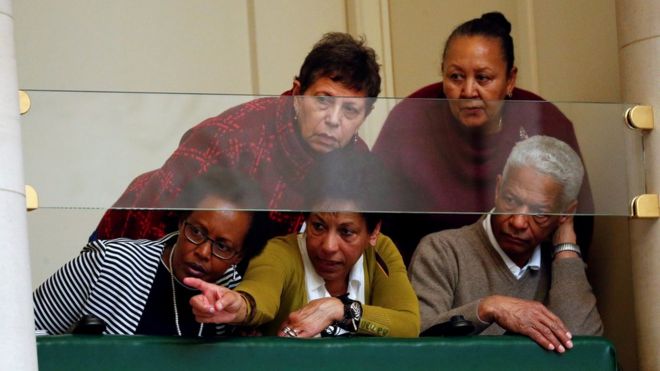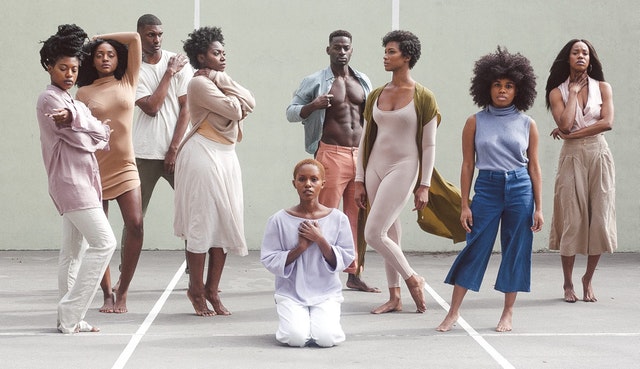Born Biracial: How One Mother Took On Race in AmericaPosted in Autobiography, Books, Census/Demographics, Family/Parenting, Media Archive, Monographs, Politics/Public Policy, United States on 2019-04-27 01:32Z by Steven |
Born Biracial: How One Mother Took On Race in America
Memories Press
2019-05-01
250 pages
6 x 0.6 x 9 inches
Hardcover ISBN: 978-1733908818
Paperback ISBN: 978-1733908825
eBook ISBN: 978-1733908801
Susan Graham
The Birth of a National Civil Rights Movement
Susan Graham is the White mother of two biracial children whose father is Black. Born Biracial: How One Mother Took on Race in America is the true story of how she brought an invisible population to the forefront and started the multiracial movement. She started a simple advocacy group and turned it into a national civil rights movement. Along the way, her personal life was suffering. The emotional story of her marriage to a CNN news anchor, being a mother to biracial children, divorce, and remarriage are interwoven in her life’s story. This is the one story every interracial family should read.






